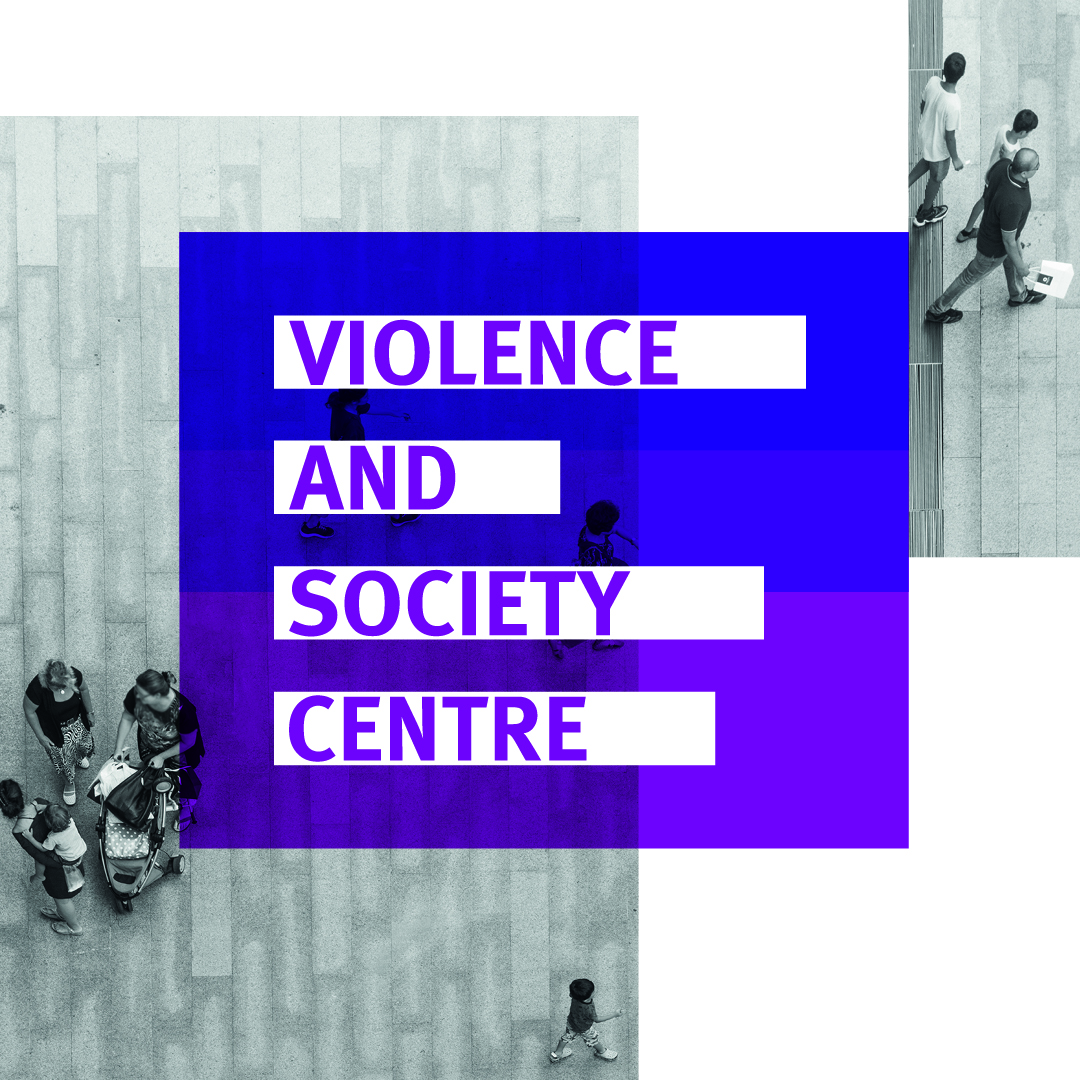
Professor Sian Oram
By Sian Oram
In November 2025, the VISION consortium and the Violence, Abuse and Mental Health Network (VAMHN) co-hosted a symposium at King’s College London’s Science Gallery. The event brought together 40 researchers, survivor advocates, providers, and policymakers to explore what meaningful support for survivor wellbeing looks like – and what it will take to deliver it.
The day was structured around two core sessions. The morning focused on VAMHN’s recently refreshed Theory of Change (ToC) and the network’s strategic priorities for the next phase. The afternoon featured a symposium of short talks and group discussions, including exploration of how survivor wellbeing is defined, supported, and measured across clinical, community, and policy contexts.
Across both sessions, a powerful theme emerged: that systems must be reshaped around the lives, needs, and priorities of survivors, not the other way around.
Reimagining the Pathways to Change
The morning roundtable discussions affirmed the relevance of the four pathways within VAMHN’s theory of change: improving understanding of recovery and wellbeing; strengthening psychological and support services; increasing survivor leadership and participation; and influencing policy and systems.
Attendees strongly welcomed a shift away from crisis-driven, risk-based models toward a more holistic, strengths-based approach to survivor wellbeing. There was broad support for launching a survivor-informed outcomes framework, co-designed to work across research, commissioning, and frontline services. Others emphasised the importance of cross-sector knowledge exchange, meaningful survivor leadership (not just consultation), and reducing fragmentation in how services respond.
There was widespread support for VAMHN’s ambition to launch an Evaluation Lab to support small and specialist services with participatory, trauma-informed evaluation, and an ask for the network to take a greater role in amplifying the voices of smaller NGOs in national policy spaces.
What Does Meaningful Support Look Like?
The afternoon symposium featured five speakers who reflected on evidence, practice, and lived experience. Across talks on psychological interventions, survivor voice, systems design, and clinicians as survivors, a call emerged for more responsive and humane systems. Key takeaways included:
- Survivor wellbeing is relational and systemic, not only clinical or individual. Responses must hold space for complexity, intersectionality, and evolving needs over time.
- Continuity, trust, and listening matter. Survivors spoke of exhausting experiences of re-telling their stories; a “passport” system or shared record was suggested to avoid re-traumatisation.
- Support should be built around people – not service structures. Attendees reflected on the need to prioritise basic needs, reduce referral fatigue, and enable survivors to steer their own support journeys.
- Frontline practitioners need care too. Recognising and supporting professionals with lived experience of abuse is vital.
Participants urged deeper collaboration across sectors and systems. There was strong appetite for developing shared approaches to wellbeing, meaningful evaluation, and ethical survivor involvement across VISION partners.
Looking Ahead
This event marked an important milestone in aligning survivor-centred priorities across the VISION Consortium and VAMHN. We are grateful to everyone who contributed their time, insights, and lived experience to this conversation.
For further information, please contact Sian at sian.oram@kcl.ac.uk
To access the resource: Supporting Survivor Wellbeing After Domestic Abuse Resources
Cover photo supplied via Adobe Stock subscription.




